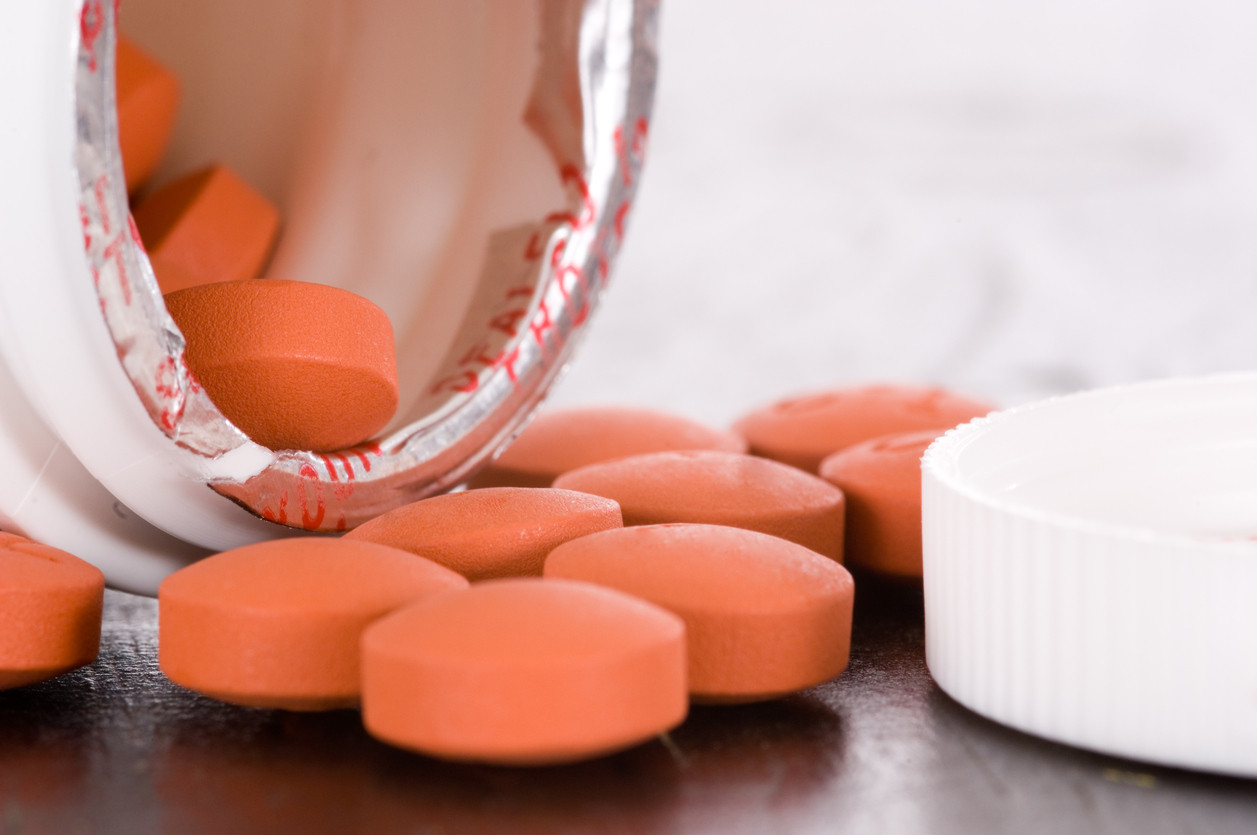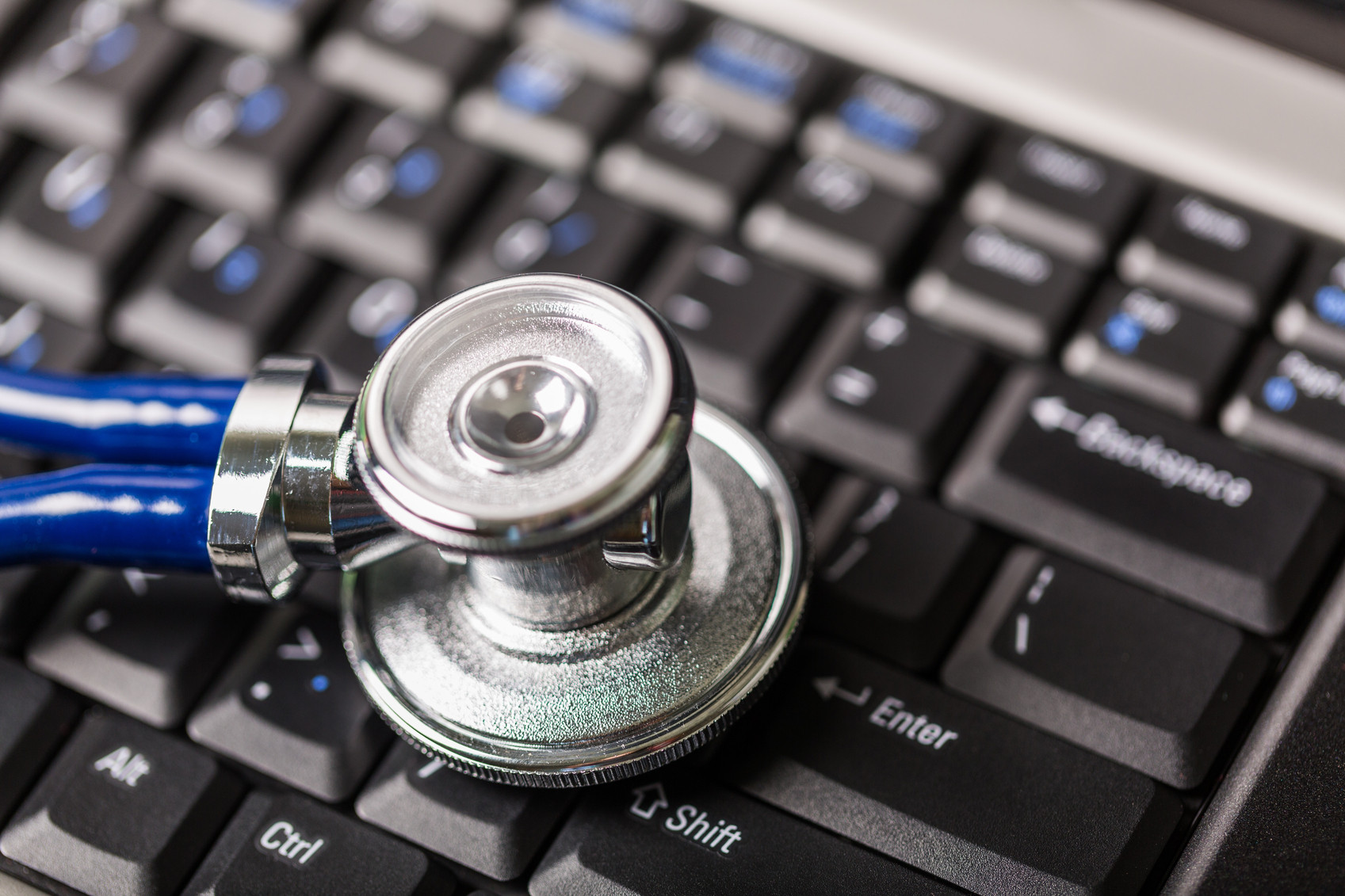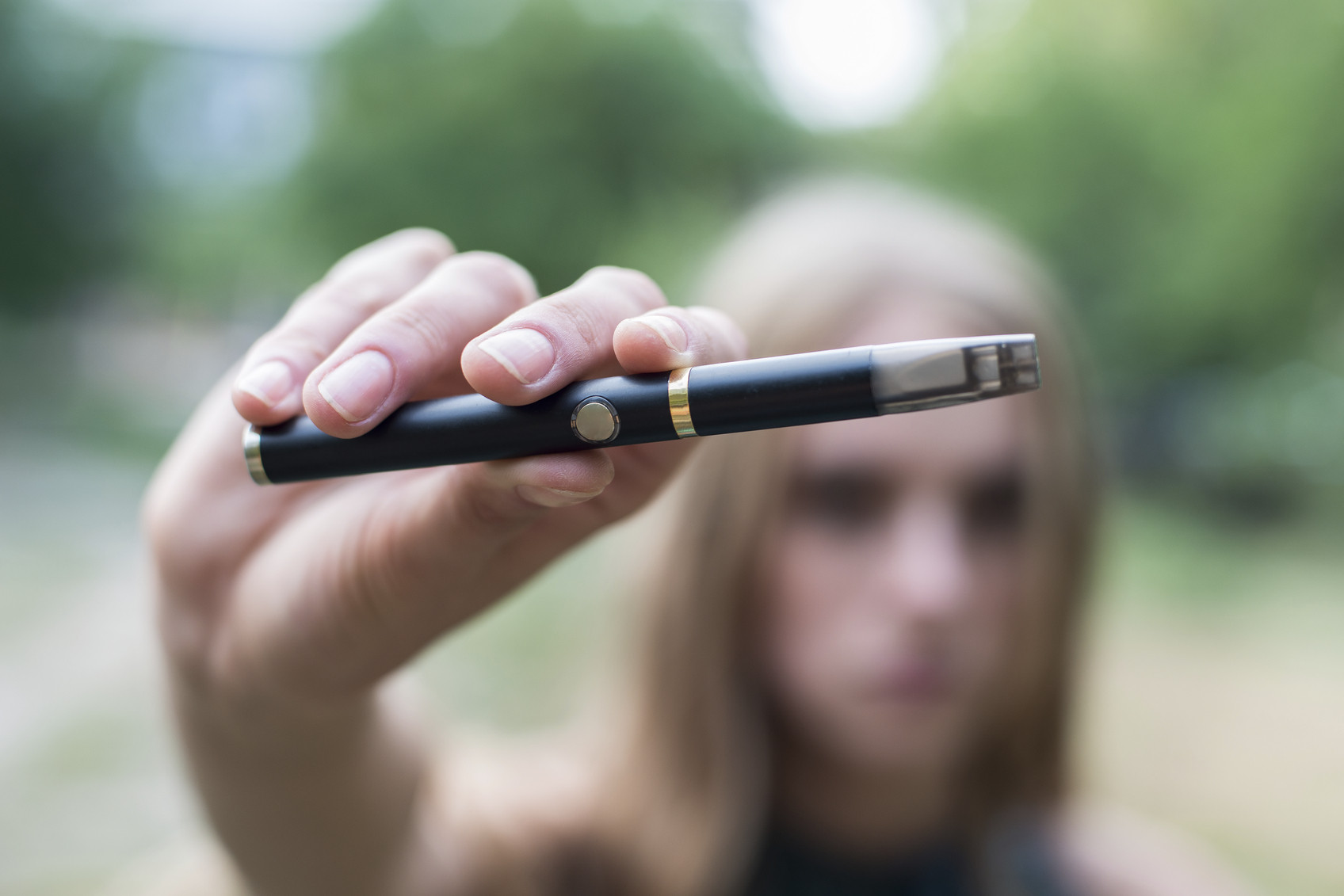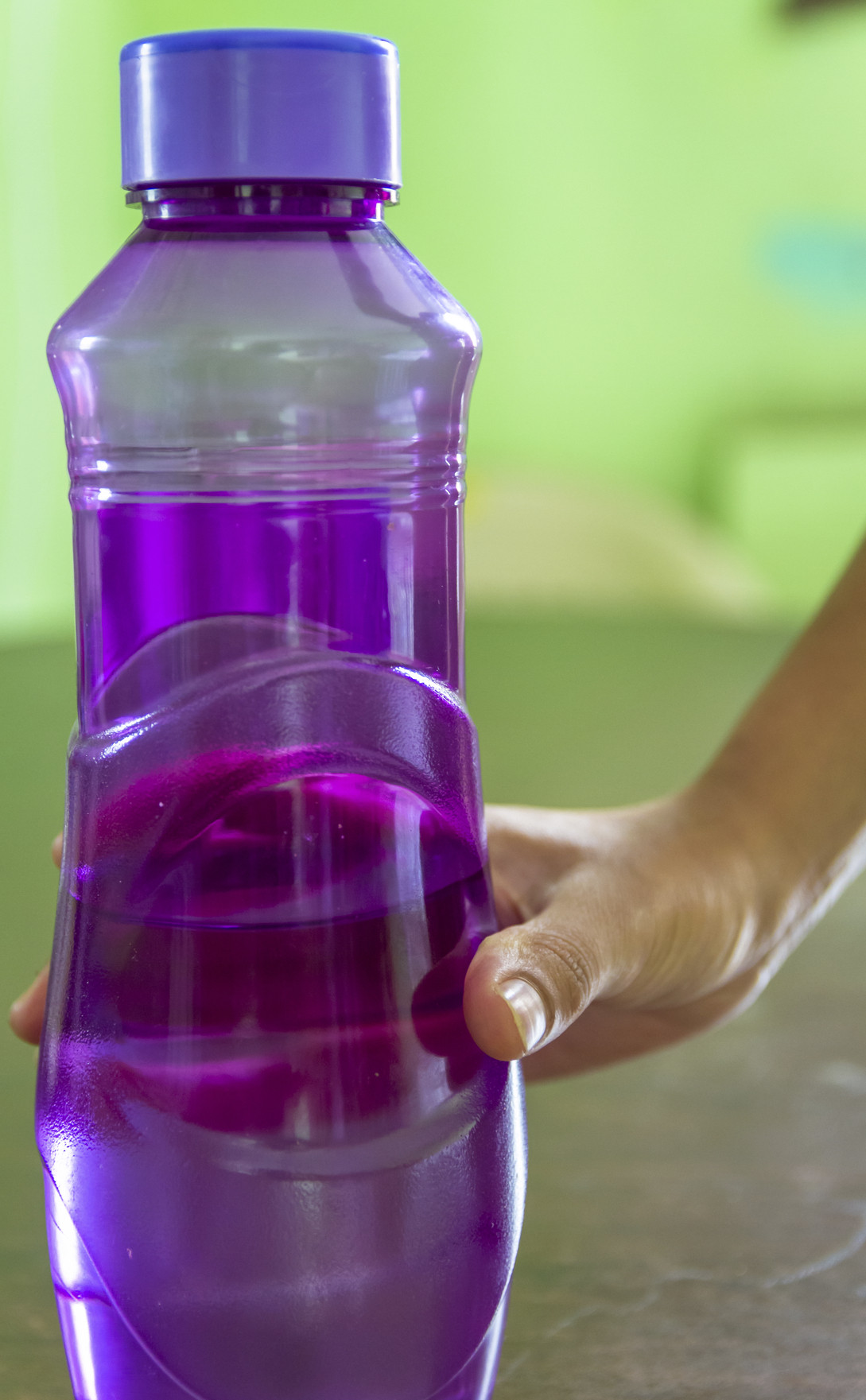
Trying to lose weight? Be careful not to lose muscle

Is your skin problem actually an autoimmune condition?

People with diabetes face higher risk of hearing loss

Antibiotic-free fixes for recurrent UTIs

Musculoskeletal syndrome of menopause: When menopause makes you ache all over

When can older women stop getting mammograms?

To lose weight, especially harmful belly fat, combine diet and exercise

Can men hold off on treating recurring prostate cancer?

The 7 types of rest and why we need them all

What are the early warning signs of cervical cancer?
Harvard Health Blog
Read posts from experts at Harvard Health Publishing covering a variety of health topics and perspectives on medical news.
Articles
Let’s recognize caregivers and make it easier for all of us to do the right thing
November is National Family Caregivers Month. Being a caregiver is an act of love and responsibility, but it comes at a cost. There are currently 40 million caregivers in the United States. These individuals devote time to take care of a loved one, endure stress that carries health risks, and often bear a financial burden as well. It is hard work and it’s worth taking a moment to appreciate those who are caregivers. Ideally, doctors and the health care system will find ways to help caregivers integrate their responsibilities into the workflow of their lives in the interest of better outcomes for everyone.
Avoid these common health perils of Thanksgiving
Nothing ruins a holiday quicker than a visit to a hospital emergency department. An emergency department physician offers some advice to help you avoid injury and illness during Thanksgiving.
Brain science suggests “mind wandering” can help manage anxiety
The wandering mind can get stuck on negative thoughts and start to “react” to a perceived threat that feels very real–and makes you feel anxious. Naming the negative feeling associated with that thought and then helping your mind wander in a more positive direction can help.
Treatment versus monitoring of prostate cancer: Survival rates the same after 10 years
Two new studies add to the evidence that for many men with prostate cancer, if it is detected early and has not metastasized beyond the prostate gland, monitoring the cancer will lead to the same chance of survival after 10 as choosing surgery or radiation. Men treated with surgery or radiation often experience significant side effects. The rates of depression and anxiety were the same in men who opted for monitoring and those who opted for treatment.
Online symptom checkers: You’ll still want to call a doctor when something’s wrong with you
Researchers compared the diagnostic accuracy of human doctors with various symptom-checking services available online, but online diagnostics won’t be replacing humans anytime soon. While the doctors weren’t perfect, they consistently did better than the computer programs. The study investigators suggest that eventually such programs might be able to help physicians to improve their diagnostic accuracy.
Teens who use flavored e-cigarettes more likely to start smoking
E-cigarette smoking among teens is on the rise, and teens are more likely to transition from smoking e-cigarettes to smoking traditional cigarettes. E-cigarettes are marketed towards young people, emphasizing the need for dialogue between teens and the adults in their lives on the health risks surrounding this trend.
There’s no sugar-coating it: All calories are not created equal
The view that calories are calories regardless of their source has been shown to be outdated. Foods with a low glycemic index are better because they tend to raise blood sugar more slowly, and they are also more likely to be healthier foods overall. By choosing the low-glycemic foods and thus the minimally processed foods, people can lose more weight, feel fuller longer, and remain healthier.
Low levels of HDL (the “good” cholesterol) appear connected to many health risks, not just heart disease
Low LDL cholesterol and high HDL cholesterol lower your risk for cardiovascular disease. That is what the studies have always shown us. But a new study suggests that low HDL itself may not be the risk factor for heart disease we thought it was. It could merely be a sign of an unhealthy lifestyle, or other health risk factors, that also contribute to heart disease. Trying to find medications to raise HDL cholesterol may not be as effective as encouraging people to adopt healthier habits.
Why experts recommend newborns sleep in their parents’ room for the first year
Experts now recommend that new parents sleep in the same room as their new infant for the first 6-12 months of his/her life. While this might wake the parents up more, it’s much safer for the child. Sudden unexplained infant death (SUID) happens much less frequently when the parents sleep in the same room as their baby. And six months will go by faster than you think.
Treatment versus monitoring of prostate cancer: Survival rates the same after 10 years
Charles Schmidt A pair of new studies provides useful information to men facing challenging decisions about what to do after being diagnosed with early prostate cancer. Researchers tracked men for 10 years and found that virtually none died of the illness, even if they decided against treating it. Early prostate tumors confined to the prostate […]

Trying to lose weight? Be careful not to lose muscle

Is your skin problem actually an autoimmune condition?

People with diabetes face higher risk of hearing loss

Antibiotic-free fixes for recurrent UTIs

Musculoskeletal syndrome of menopause: When menopause makes you ache all over

When can older women stop getting mammograms?

To lose weight, especially harmful belly fat, combine diet and exercise

Can men hold off on treating recurring prostate cancer?

The 7 types of rest and why we need them all

What are the early warning signs of cervical cancer?
Free Healthbeat Signup
Get the latest in health news delivered to your inbox!
Sign Up
























